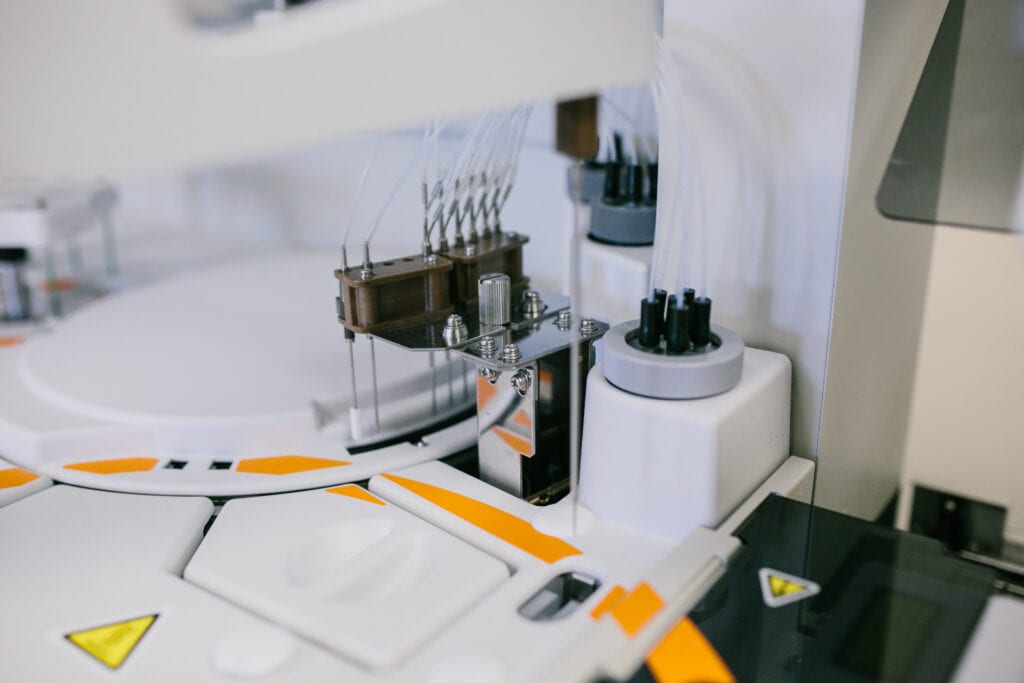Companion animals are invaluable, and supporting their wellness is a responsibility. Veterinary laboratories are key components in identifying health issues for our four-legged friends.
This article, we’ll examine the importance of veterinary labs and explain the testing process.
Understanding Pet Diagnostic Centers
Advanced veterinary diagnostics are specialized centers for examining samples. They provide critical insights to tailor care to the pet’s needs.

How tests are conducted usually includes:
- Sample collection: Tissue or fluid samples are collected at clinics.
- Sample examination: State-of-the-art processes deliver diagnostic insights.
- Reporting outcomes: Labs share results with veterinarians for your pet’s benefit.
Essential Tests in Veterinary Labs
Veterinary labs offer many tests to monitor overall health. Frequently used procedures include:
- Hematology panels: Assess organ function.
- Urinalysis: Evaluate kidney function.
- Digestive system evaluations: Monitor intestinal health.
- Skin health exams: Address skin issues.
- Radiographic evaluations: Evaluate bone and joint health.
The Benefits of Veterinary Testing
Ongoing evaluations supports proactive health management. With advanced testing capabilities, you save on emergency costs.

Additional benefits include:
- Longer, healthier lives: Chronic issues are managed.
- Preventative care advantages: Emergency costs are avoided.
- Assurance about pet health: Regular tests keep you informed.
laboratorio veterinario populardiagnostic laboratório veterinário
Why Testing Matters for Dogs and Cats
Pet health labs provide the foundation for accurate diagnoses. By using these valuable resources, you give them the care they deserve.
Talk to your vet about testing today and ensure their happiness and longevity!